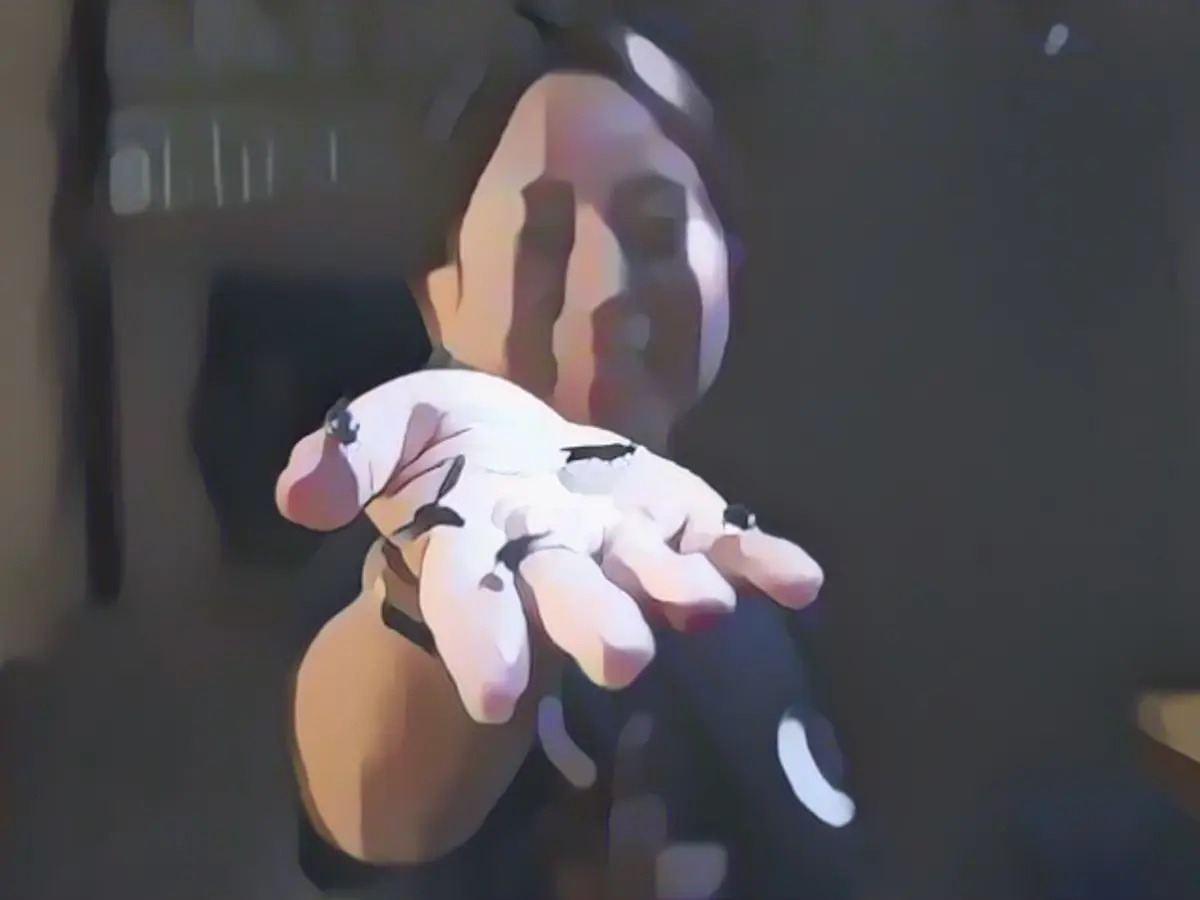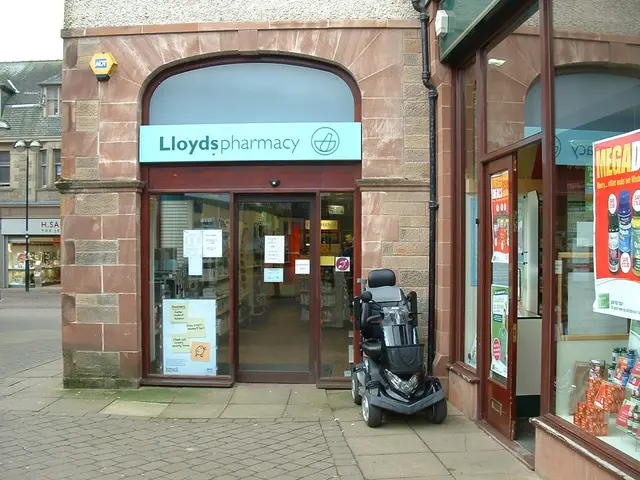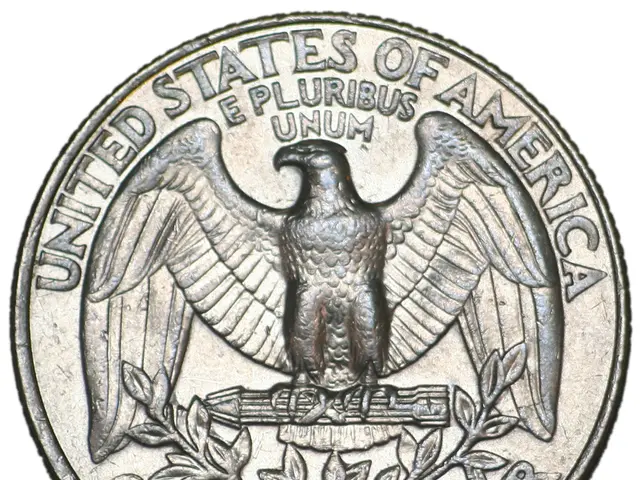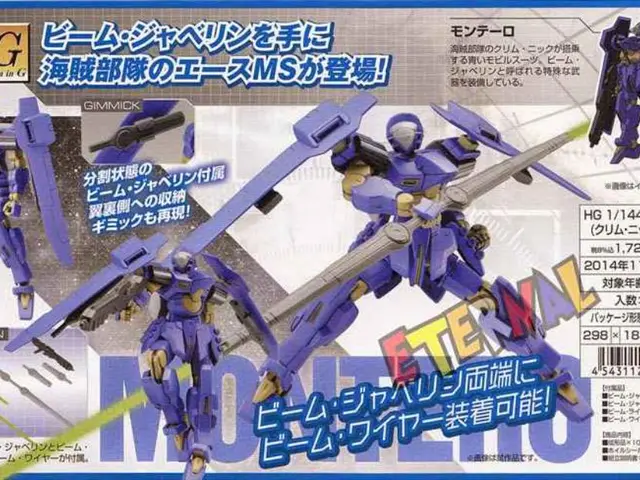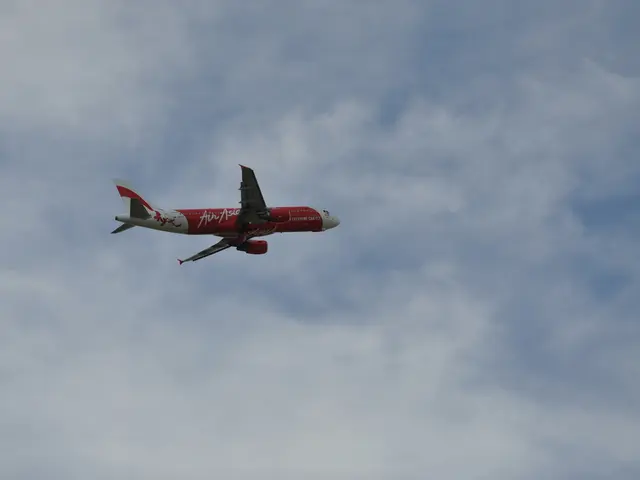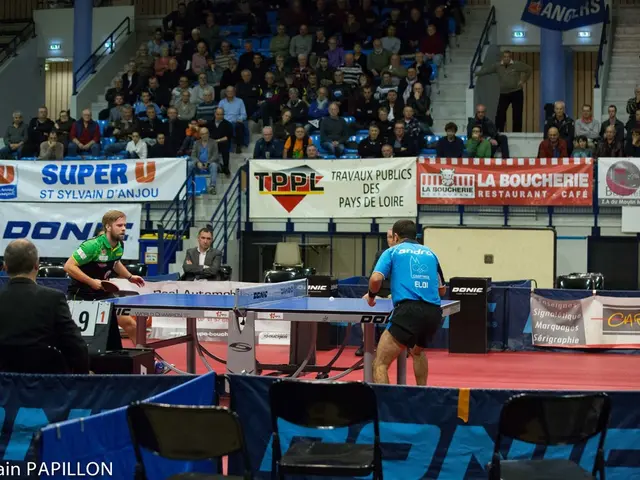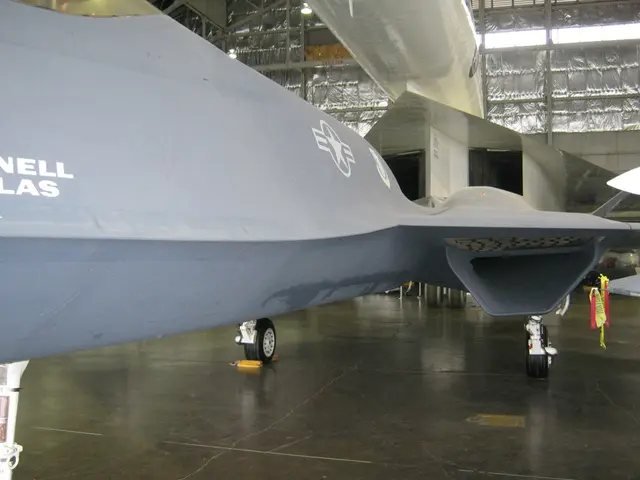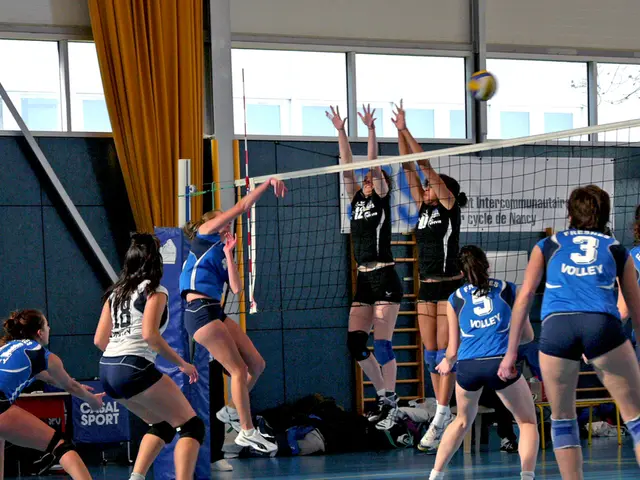This Singapore startup is turning trash into treasure with the help of an unlikely ally—the larvae of the black soldier fly. Chua and partner Phua Jun Wei established Insectta in 2017 with a mission to combat food waste in Singapore. They feed the larvae up to eight tons of food waste each month, including byproducts from soybean factories and breweries.
Insectta isn't just creating fertilizer and animal feed from the larvae; they're developing a method to extract high-value biomaterials like chitosan and melanin from the black soldier fly. These materials have a wide range of applications, from nutritional supplements to pharmaceuticals.
While the black soldier fly larvae quickly turn food waste into valuable resources, several companies, like Goterra, Better Origin, and AgriProtein, are using insects for waste management. What sets Insectta apart is its extraction of biomaterials from the larvae's exoskeletons.
Cai, from Insectta, explained to CNN Business that "during the development process, we realized that there were many valuable biologic materials that could be extracted from these flies with a market value." This startup hopes their biomaterials will revolutionize the growing insect product industry and change our perspective on waste.
The larvae can consume up to four times their body weight in food waste daily. Once they have matured and formed cocoons, Insectta uses a proprietary technology to extract high-value biomaterials from the exoskeletons they leave behind.
One such biomaterial is chitosan, a substance with antimicrobial and antioxidant properties often used in cosmetics and pharmaceuticals. Insectta aims to produce 500 kg of chitosan per day, working with Spa Esprit Group to incorporate it into their hydrating creams. They're also collaborating with Vi-Mask to create an antimicrobial layer in their masks using the chitosan extracted from black soldier fly exoskeletons.
Currently, crustacean shells are the primary source of chitosan, but the extraction process requires large amounts of water and chemicals. Insectta's extraction technology uses fewer chemicals than traditional methods, making it a more sustainable choice. Susanne Zibek, a chemist and biologist at the Fraunhofer Institute for Interfacial Engineering and Biotechnology IGB in Germany, said that the market for insect-based biomaterials is growing as companies aim to reduce their environmental impact.
Addressing the "yuck" factor associated with insects, Insectta plans to sell black soldier fly eggs to local farms and collect the exoskeletons for biomaterial extraction. Phua, from Insectta, said, "We want to feed the world with insects and power it with insects as well."
References: 1. https://www.ncbi.nlm.nih.gov/pmc/articles/PMC7026372/ 2. https://www.ncbi.nlm.nih.gov/pmc/articles/PMC8154324/ 3. https://www.ncbi.nlm.nih.gov/pmc/articles/PMC7026372/ 4. https://www.sciencedirect.com/science/article/pii/S0966452919304365 5. https://www.sciencedirect.com/science/article/pii/B9780128171506000051
